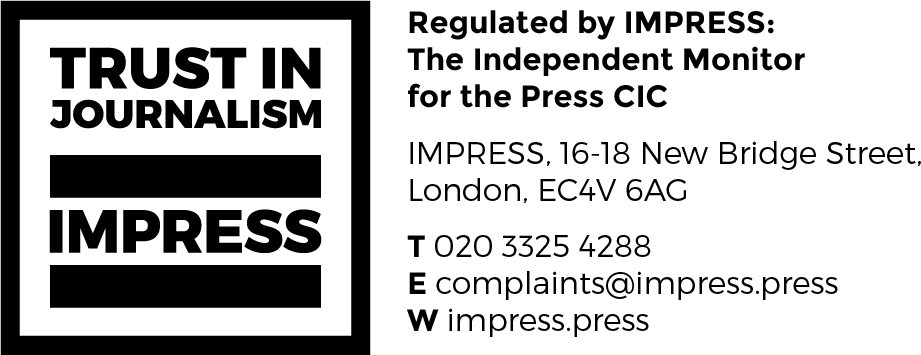The secret life of superyacht valuations
Banks and financers are almost invariably needed to help the super-rich buy superyachts. No matter how deep your pockets are, you are unlikely to purchase a yacht without assistance. Being a billionaire does not necessarily equate to having, say, $30 million dollars sitting in your current account.
With the eye-watering figures involved in buying superyachts it is no wonder banks are keen to ensure the risk of lending is minimised. The key is knowing the true valuation of the vessel.
The lender could go to the brokerage selling a vessel, but how impartial would the price truly be when the broker is incentivised?
The answer is to turn to a valuation expert – an independent marine surveyor.
“Banks want to make sure the loan-to-value ratio is realistic compared with their customer’s expectation,” says Sir Ian Collett, director of Ward & McKenzie Superyacht Consulting.
“The client will have agreed a price with the seller, possibly through his own broker, and the bank will want to know if the price is a realistic one and then they’ll set their loan-to-value ratio. Many of the banks won’t lend more than about 50 or 60 percent or possibly a bit more of the agreed value or price. Much will depend on the yacht builder and the quality of their customer.
“So, our role is to assess the value of the vessel and compare it with what the owner thinks it might be worth, particularly if the owner is seeking to refinance.”
The valuation can lead to differences between the buyer and the bank, as a result the bank can be accused of undervaluing the yacht. This has the potential to cause a sale or refinance to fall through as the purchaser will not have the liquid funds in place to buy. It can also lead to mistrust between the buyer and broker, with the buyer thinking the broker has negotiated a bad deal.
It is not only a bank that may ask for a valuation to be undertaken. Insurance companies, lawyers, finance brokers and owners assessing their assets are some of the other key players that may request one from the surveyors.
“On the insurance side they’ll come to us and say we’ve been asked to insure this boat,” says Sir Ian. “Their perspective is more about the condition of the boat that they’ve been asked to insure. So, it’s more of a condition survey. But at the end they’ll ask our view on its value.
“Also, we may be asked to return to a boat at renewal to ensure that it has been properly maintained during the intervening years and to check that the value had not dramatically depreciated beyond normal expectations. Likewise, with our bank clients.”
Valuations can take place on new builds and pre-owned yachts. With new builds the banks and financers will have required this.
“We have performed valuations on new builds,” says Peter Chettleborough, director at Winterbothams. “It would be the lender requesting it. They’re ticking the boxes essentially. They want to make sure there is an asset there, that it is being built to an acceptable standard and that the progress is in accordance with the build schedule”
Marine surveyors conduct valuations in two ways: “Firstly, there is a desktop valuation,” says Chettleborough.
“That is literally done from a desk, with your visiting the vessel in question. You get told the name of the boat, and in the best scenario the client provides as much information about the boat as possible, such as Class records, specifications, etc. However, on some occasions you won’t receive any additional information, and therefore you have to conduct your own research but, in any event, this type of valuation comes with its own caveats and risks.
“Secondly you would physically visit the vessel and conduct a valuation type survey. With a vessel of up to 50 metres you would spend about a day on a boat, with aim being that you are trying to get an overview of the actual vessels condition, what maintenance has been performed, and what amount of money has been spent on the yachts upkeep.”
The problem with a superyacht valuation is that there is no exact science. It is based on experience and a knowledge of the market.
“There’s no right or wrong with a valuation — obviously the market dictates what yachts are being sold,” says Chris Nicolle, director and principal surveyor at Ward & McKenzie. “The selling price can be considerably different from the asking price.
“As part of the technical side we do an inspection and look at upkeep. If you don’t maintain the mechanicals a vessel deteriorates very quickly.
“The value is very much dependent on its condition. If it’s falling to pieces, not been maintained or if the bilges are full of corrosion, then it can massively impact on the value.
“Any potential new owner is going to look at that, conclude that the vessel has not been well maintained and find one that is.”
Chris Nicolle also offers advice for owners with more off-beat fittings and furnishings aboard their superyacht:
“If you have something very specific as an interior, that can dictate your market, especially at the top end where you only have a limited amount of boats at that size – 80/90 metre yachts.
“You very quickly turn off the number of potential buyers who can afford that sort of vessel. If they don’t like the interior then they’re not going to buy the boat, and it’s going to sit there on the market. That will impact on a valuation.”

